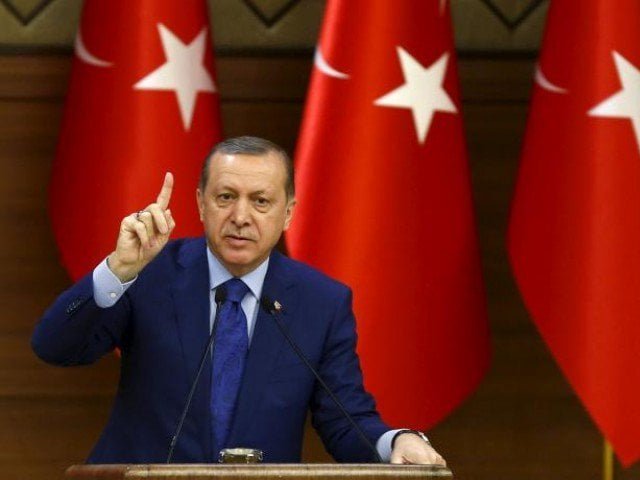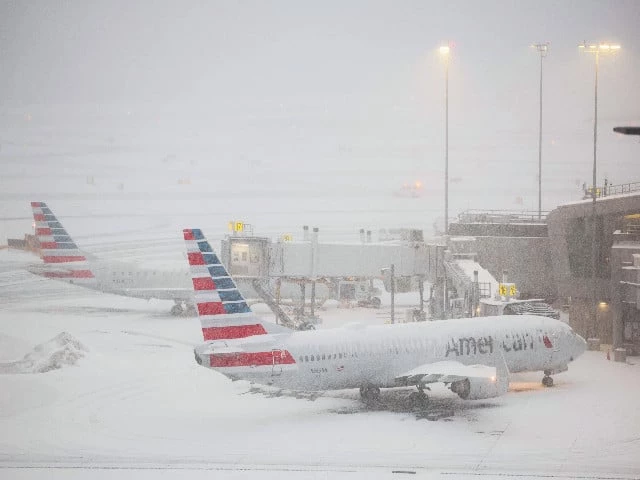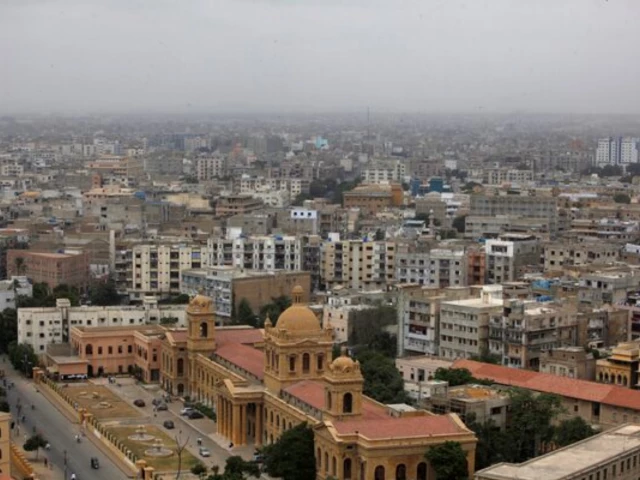Erdogan’s Call for Solidarity Amidst Middle Eastern Turmoil
Turkish President Recep Tayyip Erdogan recently made headlines during the 51st Session of the Council of Foreign Ministers of the Organization of Islamic Cooperation (OIC) held in Istanbul. His impassioned address tackled the pressing issues facing Islamic nations today, particularly in light of Israel’s actions and the ongoing conflicts in the Middle East. He expressed a strong stance against the idea of a "new Sykes-Picot order," where borders are redrawn in a way that could lead to further bloodshed.
A Stark Warning
Erdogan didn’t hold back as he described the dire situation in Gaza, likening it to conditions worse than those in Nazi concentration camps. "Two million of our sisters and brothers in Gaza have been struggling to survive under these conditions for 21 months," he lamented. His words are a stark reminder of the humanitarian crisis affecting millions, emphasizing the urgent need for collective action among Islamic nations.
Strength in Unity
Moreover, Erdogan called for greater solidarity among Islamic countries, urging them to unite against not only the Israeli actions in Palestine but also in Syria, Lebanon, and Iran. He remarked, "We must show greater solidarity to stop Israel’s acts of banditry." This rallying cry for unity reflects a growing sentiment among many leaders in the region who see collaboration as essential to counter external threats.
In a hopeful note, he expressed his confidence in the resilience of the Iranian people amid the ongoing conflict. “We have no doubt that the Iranian people… will hopefully overcome these days,” he stated. This acknowledgment of shared struggles and solidarity is vital in these tumultuous times.
Syria’s Reintegration
Erdogan also welcomed Syria’s reintegration into the OIC, emphasizing that the Islamic world must rally behind Syria to ensure its territorial integrity and achieve lasting stability. This sentiment comes as tensions continue to escalate across the region, highlighting the importance of diplomatic efforts to address the crises.
Intensifying Conflict
The session also aimed to address Israel’s recent military actions against Iran, including targeted strikes on nuclear facilities. This military escalation further complicates the already volatile situation, with both sides experiencing significant casualties—Iran reported 430 dead and 3,500 injured while Israel confirmed 24 deaths and over 800 injuries.
Iran’s military response, including drone and missile strikes targeting Israeli installations, marks a significant escalation in this ongoing conflict. In retaliation, Israel has intensified its military operations, including the recent killing of a senior commander.
A Call for Peace
Meanwhile, the international community, including UN Secretary-General Antonio Guterres, continues to urge all parties involved to "give peace a chance." The unique complexities of these conflicts are reminiscent of past military interventions that have often led to prolonged instability, such as the Iraq War.
The lessons learned from history are crucial, as many critics draw parallels, warning that the push for military action under the guise of curtailing nuclear ambitions could lead to similar disastrous outcomes.
Conclusion
As regional tensions rise and humanitarian crises deepen, Erdogan’s message of unity in the face of adversity resonates louder than ever. Collaboration among Islamic nations could be the key to not only addressing the challenges they face today but also paving the way for a more stable future. The stakes are incredibly high, and as Erdogan pointed out, the bloodshed must come to an end. The need for solidarity has never been more crucial, highlighting the importance of peace, diplomacy, and collaboration in these trying times.





